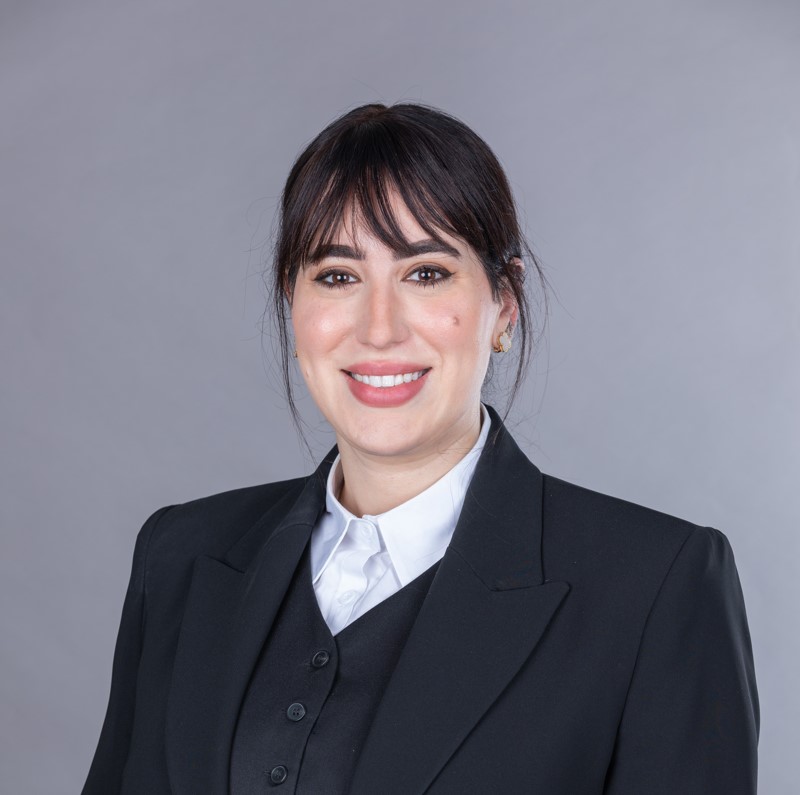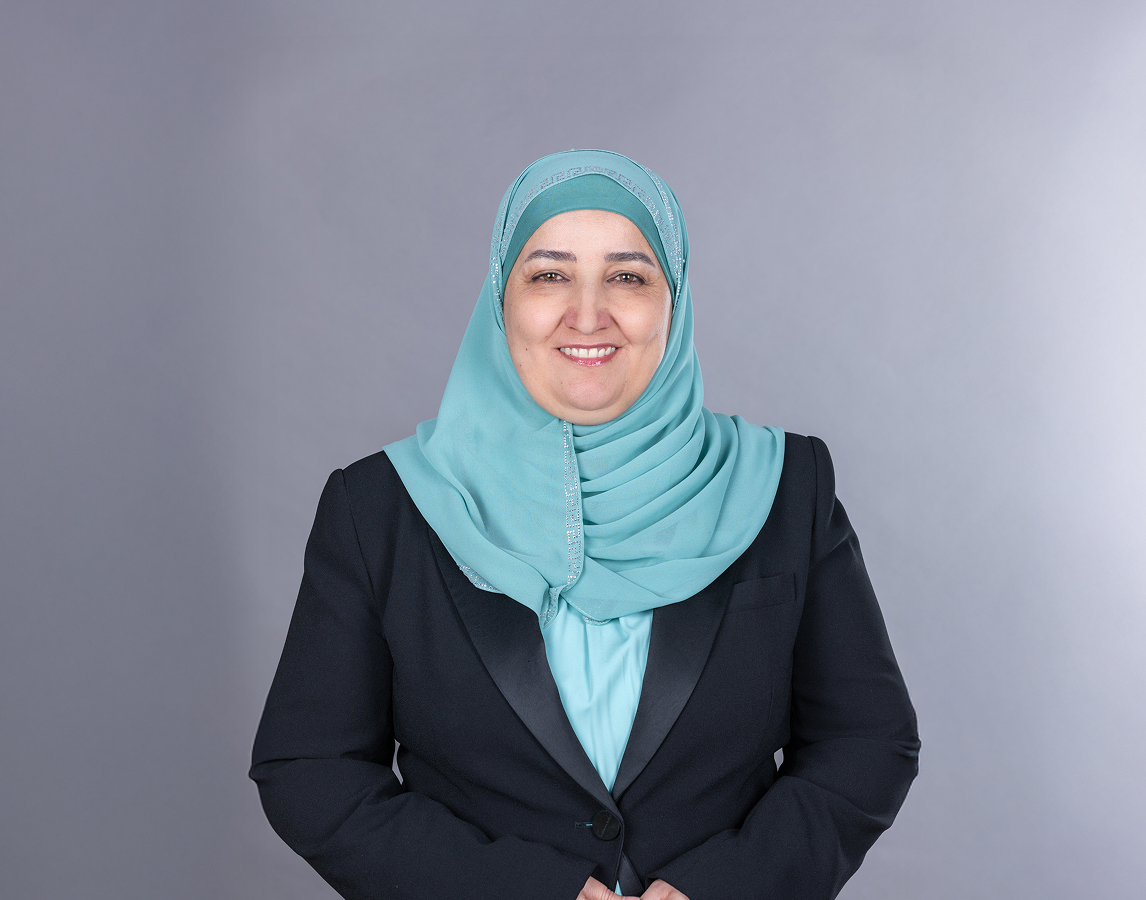It Truly Takes a Village: Breastfeeding, Culture, Policies, and Collective Care

By Maha El Akoum
Manager of Content and Policy Translation, World Innovation Summit for Health (WISH), Qatar Foundation
“الجنة تحت أقدام الأمهات”—Paradise lies beneath the feet of mothers. My mother used to gently remind me of this proverb every time I called her in frustration after another failed latch that ended in hysterics (on both our ends), another all-nighter spent cluster feeding, or another day of feeling like I couldn’t leave the house without a carefully timed and measured milk stash. Like many mothers, I’ve navigated the emotional and physical toll of breastfeeding: the constant worry over supply, the endless calculations, the quiet isolation, and the fierce determination to give my baby the best start possible.
Because every drop counts.
According to the World Health Organization, increasing breastfeeding rates could save more than 820,000 children’s lives annually. Despite this, less than half of newborns worldwide are exclusively breastfed for the first six months – a window we know too well is critical for immunity, development, and lifelong health.
Breastfeeding is the first preventive health intervention in a child’s life. Therefore, promoting and advocating for policies that facilitate and promote breastfeeding practices aligns directly with our mission. In our region, rates of Exclusive Breast Feeding (EBF) fall well below the global average of 48%, and the World Health Assembly target of 50%. In Saudi Arabia for example, a large study conducted earlier this year reported 15.5% EBF rate for infants under 6 months, with only 5.8% of EBF reported in infants 5-5.9 months old[1]. In Oman, EBF rates <6 months are approximately 23%, and in Qatar, 29%[2].
This year, World Breastfeeding Week arrives amidst growing recognition in Qatar of the need to better support mothers through national strategies, baby-friendly hospitals, and community awareness. But while progress is evident, barriers, unfortunately, remain. It’s time to move from encouragement to true enablement.
The Science is Clear
Breastfeeding is one of the most effective ways to ensure child survival, nutrition, and healthy development. It reduces the risk of infections, chronic diseases, and obesity in children, while also lowering mothers’ risk of breast and ovarian cancers, type 2 diabetes, and cardiovascular disease.
Qatar’s commitment to improving early nutrition and maternal support is evident. Facilities designated under the Baby-Friendly Hospital Initiative (BFHI), such as Sidra Medicine and Hamad Medical Corporation hospitals, offer crucial guidance to new mothers. These efforts are bolstered by Qatar’s participation in global dialogues and regional action plans focused on maternal health and infant nutrition.
Yet, awareness alone is not enough. Structural enablers and family-friendly policies like extended paid maternity leave, and accessible breastfeeding spaces are essential. WISH, through its policy work and convening power, continues to champion such system-level reforms that prioritize both mothers’ health and infants’ futures.
Challenges and Opportunities
Despite Qatar’s advances in family-friendly policies, returning to work often marks the end of the breastfeeding journey for many women. According to UNICEF, only 40% of infants under 6 months are exclusively breastfed worldwide—largely due to short or unpaid maternity leave and lack of workplace support. In Qatar, the numbers are even lower, with 18.6 % of Qatari children and 36 % of non-Qatari children being exclusively breastfed during the first six months of life[3].
Qatar offers generous nursing hours—two paid hours daily for up to two years after childbirth—which sets a strong example in the region. However, maternity leave remains limited (in most instances) to 50 paid working days. For many mothers, particularly those outside the public sector, this window is simply not enough to establish and sustain breastfeeding practices.
There’s a clear opportunity for both the public and private sectors to step up—by offering more flexible schedules, dedicated pumping rooms with refrigeration facility, and workplace lactation programs. WISH’s commitment to policy innovation and cross-sectoral collaboration can help translate these ideas into action, ensuring that no mother has to choose between work and her child’s wellbeing.
Make Support the Standard
As a mother of two, I know how meaningful (but equally how difficult) breastfeeding can be. I returned to work, as most mothers do, with mixed emotions. Continuing to breastfeed was exhausting, at times isolating, and logistically challenging. However, the nursing hours policy —though not always easy to exercise in fast-paced environments—was a lifeline. It gave me time. It gave me choice. It gave me the ability to keep going, even when I wanted to give up.
And yet, I know my story is one of privilege. Too many women still lack the workplace flexibility, community support, or healthcare guidance they need. That needs to change.
Breastfeeding is not just a mother’s responsibility—it’s a societal one. Qatar has laid strong policy foundations through its national breastfeeding policy, hospital certification programs, and labor protections. But more is needed: longer, paid maternity leave; better enforcement of workplace accommodations; and public awareness campaigns that normalize and celebrate breastfeeding.
In the Nordic countries, for example, paid leave is extendable up until 12 months, at 80-100% pay. Sweden particularly stands out at 480 days of paid parental leave (divided by both parents). Universities and employers also typically provide dedicated lactation facilities and routines. In Estonia, maternity leave allowance is paid by the Estonian Health Insurance Fund at rates corresponding to the employee’s usual salary, for a duration of up to 435 days, and parental leave is available to both parents until the child’s third birthday.
Policymakers must listen to mothers—not just during World Breastfeeding Week, but every week. Employers must recognize that supporting breastfeeding isn’t a burden—it’s an investment in healthier communities. And as a global health community, we must continue to advocate for evidence-based solutions that uphold the dignity, health, and agency of every woman and child.
To drive these conversations forward, WISH will be organizing a community awareness in collaboration with our local partners, on the health benefits of breastfeeding for mothers in Qatar in Q4 2025 and Q2 2026. Register your interest by sending an email to WISHcommunity@qf.org.qa.
A healthy start shouldn’t be a privilege. It should be a right- let us join hands in advocating for enhanced breastfeeding awareness and policies that support mothers postpartum.
About Maha El Akoum:
Maha manages policy research and content development at WISH, focusing on advancing global health policy and fostering innovation in healthcare systems. She has served as a Research Fellow for the WISH Islamic Bioethics series and has led several national public health initiatives in Qatar.
Her expertise includes health policy, non-communicable diseases, precision health, and bioethics. Maha is committed to bridging global health ethics and policy perspectives, promoting evidence-based solutions, and advocating for ethical healthcare. A published author and former contributor to Qatar’s leading news platform, she wrote Sometimes I Worry, a children’s book on anxiety.
Maha holds a BSc in Biological Sciences from the American University of Beirut and an MPH from Imperial College London. Her work is guided by a passion for storytelling and a dedication to ethical, evidence-based healthcare.
[1] Alhreashy, F.A., Alhammadi, A.I., Aljabar, B.A. et al. Prevalence and predictors of breastfeeding practices in Saudi Arabia: a national cross-sectional study based on the 2021 WHO breastfeeding indicators. Int Breastfeed J 20, 47 (2025). https://doi.org/10.1186/s13006-025-00729-1
[2] UNICEF. Overview of the Situation of Early Childhood Development in the Middle East and North Africa Region.
[3] Miscellaneous. Health Sector Seeks to Raise Rates of Breastfeeding. Qatar News Agency (2018). Available at: https://qna.org.qa/en/news/news-details?id=health-sector-seeks-to-raise-rates-of-breastfeeding&date=4/08/2018#:~:text=Miscellaneous,is intensifying awareness of breastfeeding. (Accessed: 15th July 2025)



